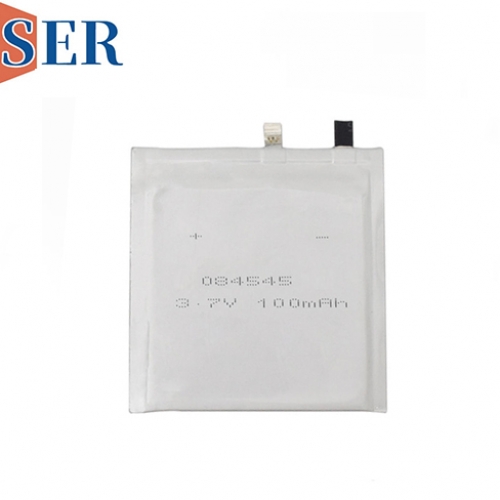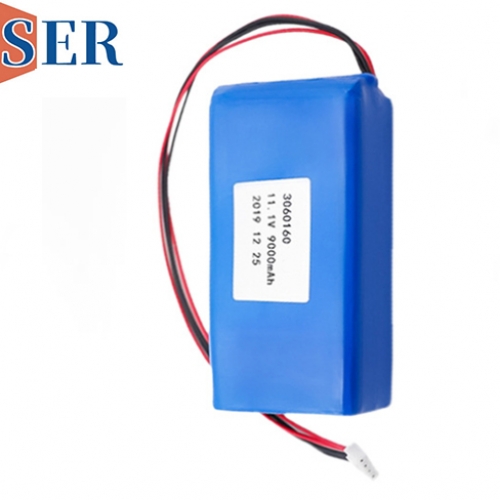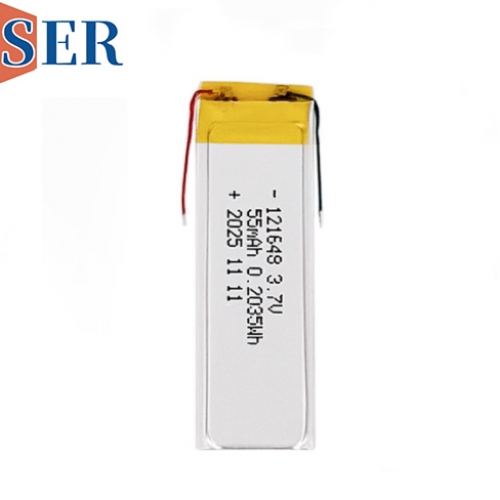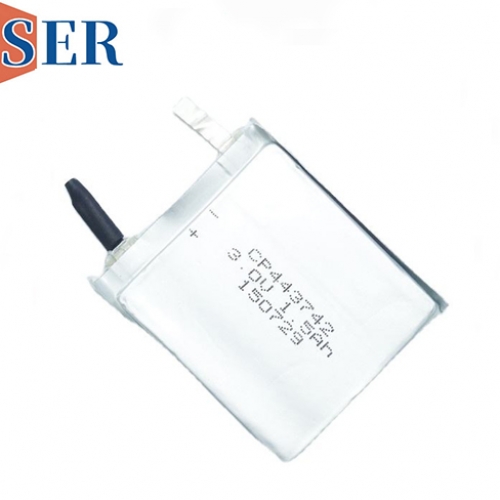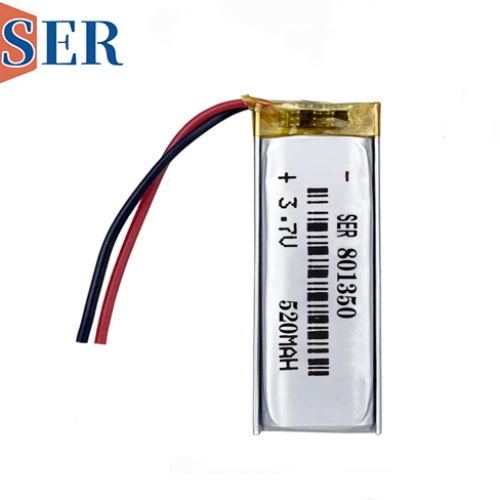High Pulse Capacitors (HPC) Cells: Revolutionizing High-Current Discharge Applications in Extreme Conditions
High Pulse Capacitors (HPC) Cells: Revolutionizing High-Current Discharge Applications in Extreme Conditions
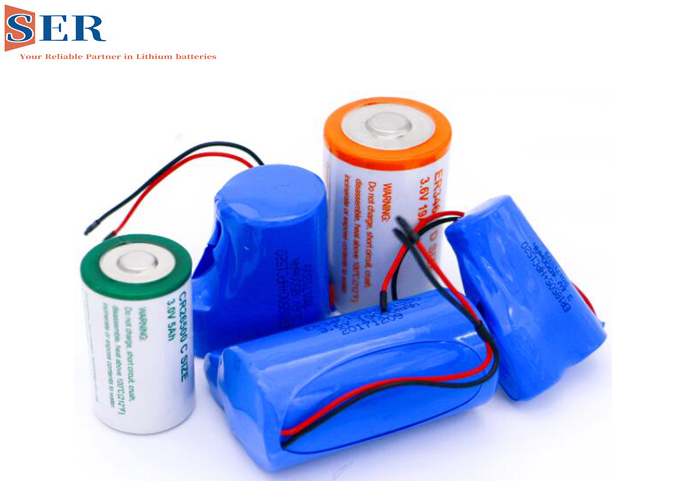
Introduction
In the realm of energy storage solutions, the demand for devices that can deliver high-current pulses while maintaining reliability in extreme environments has grown exponentially. From remote monitoring systems to medical equipment, applications requiring sudden bursts of power under harsh conditions have pushed the boundaries of conventional battery technology. Enter the High Pulse Capacitors (HPC) Cell—a pioneering energy storage system that combines the long-life benefits of lithium batteries with the high-current discharge capabilities of capacitors. Designed to operate across a temperature range of -40°C to 85°C, HPC Cells represent a breakthrough for industries where uninterrupted power delivery is non-negotiable. This article delves into the technology, applications, and advantages of HPC Cells, highlighting their role as a game-changer in energy storage.
The HPC Cell: A Hybrid Powerhouse
At the core of HPC Cell technology lies a synergistic integration of a Lithium Thionyl Chloride (Li-SOCl₂) battery and a high-pulse capacitor. This hybrid design leverages the strengths of both components: the battery provides sustained energy for long-term standby, while the capacitor ensures instantaneous high-current discharge during pulse events. Encased in a robust, hermetically sealed unit with a patented safety valve, HPC Cells offer unmatched reliability and safety, even in volatile thermal conditions.
Key configurations include models like ER14505+HPC1520, ER18505+HPC1530, ER26500+HPC1520, and ER34615+SPC1550, each optimized for specific power, size, and application requirements. For instance, the ER34615+SPC1550 combines a high-capacity battery with a supercapacitor, making it ideal for applications demanding extended operational life and extreme temperature resilience.
Technical Superiority: Unmatched Features
HPC Cells distinguish themselves through a suite of advanced features engineered to address critical challenges in energy storage:
Stable 3.6V Output:
The lithium battery maintains a consistent nominal voltage of 3.6V throughout its lifecycle, eliminating voltage drop issues common in alkaline or lead-acid batteries. This stability ensures compatible operation with sensitive electronics without the need for complex voltage regulation circuits.High Pulse Current Capability:
Unlike traditional batteries that struggle with sudden high-current demands, HPC Cells deliver exceptional pulse currents. For example, the HPC1520 capacitor can discharge thousands of amperes within milliseconds, making it ideal for applications such as sonar buoys or RFID transponders requiring rapid activation.No Passivation Effects:
Li-SOCl₂ chemistry inherently resists passivation, a phenomenon where battery electrodes degrade over time, reducing performance. This results in consistent power delivery even after prolonged storage, critical for emergency devices deployed in remote areas.Wide Temperature Tolerance:
Operating seamlessly from -40°C to 85°C, HPC Cells outperform conventional lithium-ion batteries, which often exhibit reduced capacity at low temperatures. This makes them indispensable in Arctic surveillance systems or desert-based IoT devices.Longevity and Low Self-Discharge:
With a self-discharge rate below 2% per year, HPC Cells retain their charge for over a decade, reducing maintenance cycles. This longevity is vital for utility meters or asset trackers deployed in hard-to-reach locations.End-of-Life Indication:
Integrated monitoring systems provide early warnings of battery depletion, enabling proactive replacement and preventing unexpected failures in mission-critical applications.Safety and Reliability:
The anti-explosion valve prevents hazardous thermal runaway by venting excess pressure, ensuring compliance with stringent safety standards for medical and industrial equipment.
Applications: Where HPC Cells Excel
The versatility of HPC Cells spans diverse industries, each leveraging their unique capabilities to enhance performance and reliability:
GPS Tracking and GSM Modems:
In logistics and fleet management, HPC Cells power GPS devices requiring frequent location updates. Their high pulse capability ensures rapid data transmission, while low self-discharge maintains readiness during extended downtime.Utility Meters (AMR):
Advanced Metering Infrastructure (AMI) systems rely on HPC Cells to transmit usage data over cellular networks. The wide temperature range ensures consistent operation in underground vaults or scorching climates.Emergency and Medical Devices:
Portable defibrillators and emergency beacons demand instantaneous power activation. HPC Cells deliver life-saving currents without delay, even in freezing conditions.Asset and Cargo Tracking:
For containers traversing global supply chains, HPC Cells enable real-time tracking across extreme environments, reducing losses from theft or misrouting.Communication Equipment:
Remote base stations in telecom networks utilize HPC Cells to maintain uptime during power outages, ensuring uninterrupted connectivity in disaster zones.RFID Transponders and Data Loggers:
In inventory management and environmental monitoring, HPC Cells provide the rapid response needed for RFID tag activation and long-term data storage.Sonar Buoys and Underwater Systems:
HPC Cells power acoustic transmitters in naval surveillance, delivering high-intensity pulses for extended periods in marine environments.
Competitive Advantages Over Traditional Solutions
Compared to standalone batteries or capacitors, HPC Cells offer distinct advantages:
Superior Pulse Performance:
While capacitors excel at high-current discharge, they lack the energy density for long-term standby. Conversely, batteries struggle with pulse currents. HPC Cells bridge this gap, providing both sustained power and pulse capability.Extended Operational Life:
Li-SOCl₂ chemistry’s low self-discharge and wide temperature tolerance reduce replacement frequency, lowering total cost of ownership.Enhanced Safety:
The hybrid design minimizes thermal risks associated with lithium-ion batteries, making HPC Cells suitable for hazardous locations.Simplified Design:
Integrating battery and capacitor into a single unit reduces system complexity, saving space and weight in compact devices.
Case Study: HPC Cells in Remote Oil and Gas Monitoring
In the oil and gas industry, remote sensors monitor pipeline integrity in Arctic regions. Conventional batteries failed due to low-temperature performance issues and high self-discharge. After deploying HPC Cells (ER34615+SPC1550), operators reported:
90% reduction in maintenance visits due to 10-year operational life.
Consistent data transmission at -40°C, preventing pipeline leaks.
No thermal-related failures during extreme weather events.
Future Innovations and Market Trends
The HPC Cell market is poised for growth, driven by:
IoT Expansion:
As the Internet of Things (IoT) proliferates, demand for reliable, low-maintenance power sources in remote sensors will surge.Sustainability Push:
Renewable energy systems require storage solutions that handle intermittent power flows, making HPC Cells ideal for solar-powered telecom towers.Medical Technology Advancements:
Portable medical devices will increasingly rely on HPC Cells for instant power in emergency scenarios.Miniaturization:
Ongoing R&D focuses on compact HPC Cell designs for wearable technology and micro-drones.
Conclusion
High Pulse Capacitors (HPC) Cells represent a paradigm shift in energy storage, merging the endurance of lithium batteries with the responsiveness of capacitors. Their ability to deliver high-current pulses in extreme temperatures, coupled with exceptional longevity and safety, positions them as the optimal choice for applications where failure is not an option. From Arctic pipelines to desert telecom towers, HPC Cells are enabling technologies that were once constrained by power limitations. As industries continue to demand smarter, more resilient energy solutions, the HPC Cell will undoubtedly remain at the forefront of innovation.

